
Unrolling and self-supervised learning for inverse problems
Inverse problems, where hidden variables are reconstructed from indirect measurements, often rely on iterative optimization methods that become computationally expensive as data size grows. This thematic day will focus on the emerging paradigm of algorithm unrolling, as a tool for designing state-of-the-art deep neural network architectures. By unrolling the iterations of traditional optimization algorithms, we can learn their parameters as if they were neural network weights, allowing for faster, more efficient solutions that exploit the forward model. More generally, the program will cover the interest of deep (un/self/*/supervised) learning for solving inverse problems.

Postdoc offer: “Deep learning and multiresolution analysis for audio”
We are looking to recruit a postdoc as part of the ANR project on multi-resolution neural networks (MuReNN). The goal is to work towards more efficient and interpretable models for deep learning in audio.
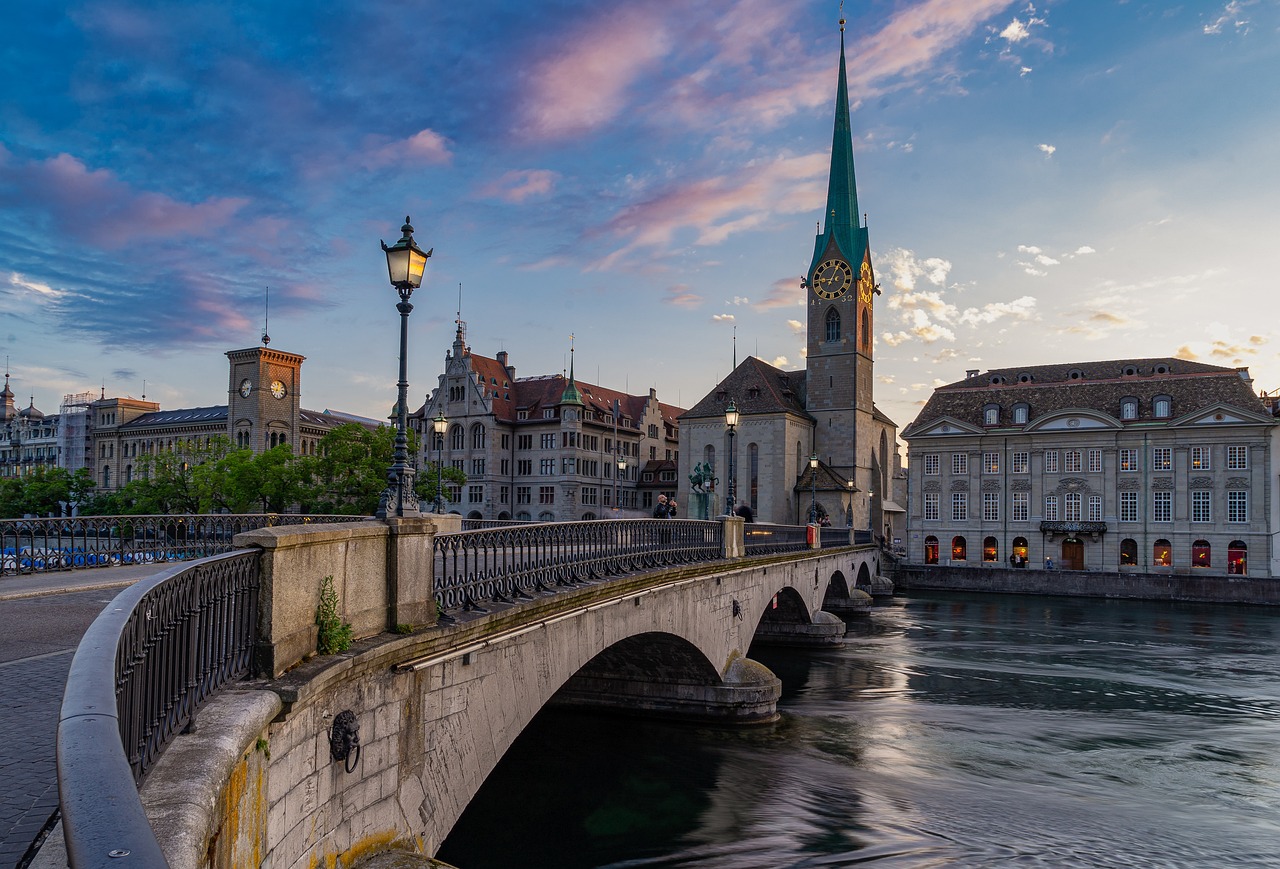
“Sensing the City Using Sound Sources: Outcomes of the CENSE Project” @ Urban Sound Symposium
The city is arguably a very complex system to monitor and describe. The deployment of acoustic sensor networks can lead to new ways of doing so, potentially at scale. From the data produced by those networks, identifying sound sources is an emerging method of interest to provide meaningful information to the citizens. During this talk, I will discuss the outcomes of the deployment of such a network in the city of Lorient (France) that operated from 2020 to 2021, including notably the French COVID lockdown period.

Création “in earth we walk” @ Halle 6
A live performance for voice, live electronics, and double bass. Created by Han Han
In earth we walk is a fleeting moment where voices become agents for constructing nature-inspired landscapes: voices utter semantically charged words conveying vivid scenarios; voices supply raw sonic material that are treated as pure sounds. The libretto is a six-stanza poem that unfolds a series of pictorial and psychological scenes, exploring themes of longing, awe and the reckoning with impermanence. Together, vocal emulations of clouds, torrent, winds, tides and sands weave into a sonic experience that evokes one’s multifaceted relationship with the many wonders and situations earth puts one in.

Human Auditory Ecology @ MNHN
Can we hear “ecological processes” underlying natural habitats and ecosystems (i.e., the processes responsible for the dynamics and functions of ecological systems at multiple spatial and temporal scales) ? If so, how do we hear such ecological processes ?

Invited talk: Constance Douwes
In this seminar, we propose a shift towards energy-aware model evaluation. Using a Pareto-optimal framework, we advocate for balancing performance with energy efficiency through an extended analysis of deep generative models for speech synthesis. Furthermore, we refine energy consumption measurements by studying elementary neural network architectures, highlighting complex relationships between energy consumption, the number of operations, and hardware dependencies. Finally, as organizers of the Detection and Classification of Acoustic Scenes and Events (DCASE) challenge, we analyze the impact of introducing an energy criterion on the challenge results and explore the evolution of system complexity and energy consumption over the years.
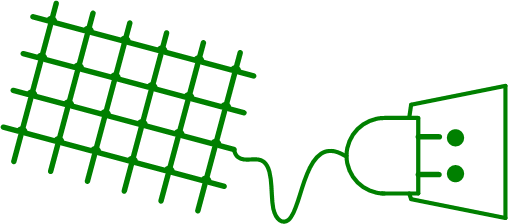
Green Days @ IRISA
Les “Green Days” sont les journées francophones sur le numérique écoresponsable, organisées avec un ensemble de GDRs et PEPR.

“Advancements in Bird Communication Studies” abstract deadline
Please submit your abstract (max. 200 words) towards a special session at Forum Acusticum / Euronoise, to be held in Málaga (Spain) on June 23–26, 2025.
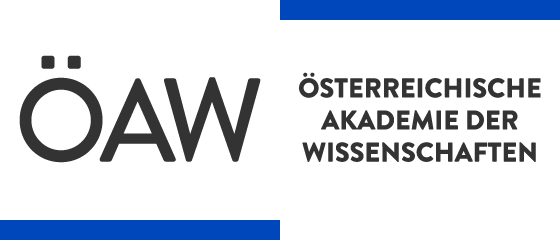
Can machines learn filterbank design?
A talk by Vincent Lostanlen at the Acoustics Research Institute (ARI) of the Austrian Academy of Sciences (ÖAW) in Vienna.
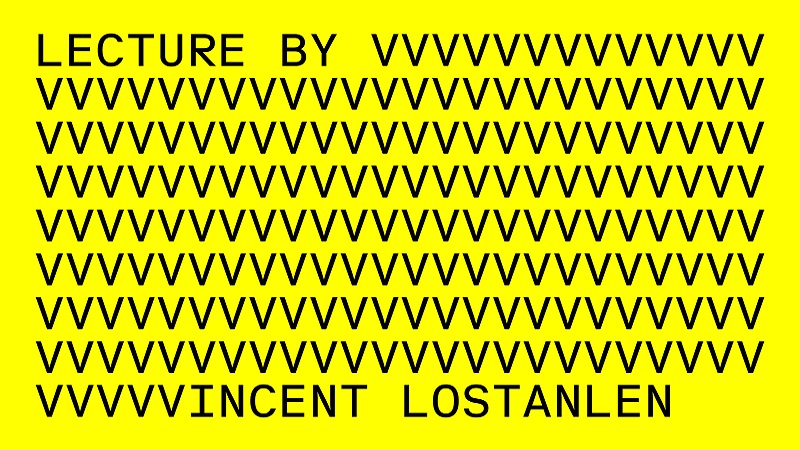
Phantasmagoria @ Academy of Fine Arts of Munich
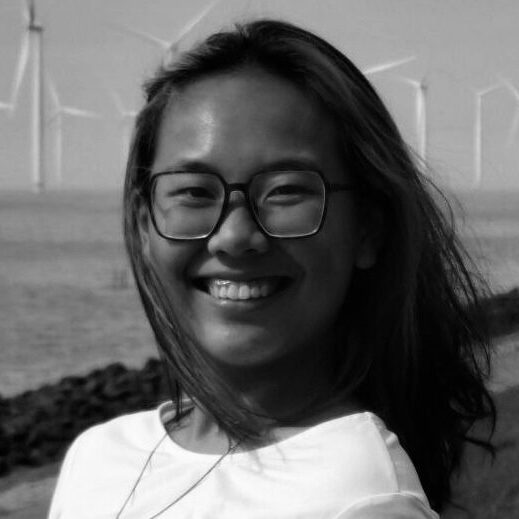
Invited talk: Yuexuan Kong
“STONE: Self-supervised tonality estimator”, at École Centrale de Nantes, amphi E, 2pm.
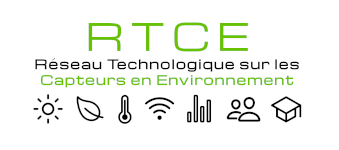
Journées du réseau “Capteurs en environnement”
Le comité d’organisation de ces journées est heureux de vous accueillir du 13 au 15 novembre 2024 à Fréjus, dans le Var, au centre de vacances de la Villa Clythia.
Ces journées, réservées en priorité aux membres du réseau, seront l’occasion de découvrir le travail des membres du réseau, de se rencontrer et d’échanger sur les nombreuses thématiques abordées par le réseau, depuis le développement de capteurs jusqu’à l’acquisition et le traitement des données, en passant par les contraintes de déploiement in natura.

Journée GdR IASIS “Synthèse audio” à l’Ircam
As part of the CNRS special interest group on signal and image processing (GdR IASIS), we are organizing a 1-day workshop on audio synthesis at Ircam on November 7th, 2024.
Dans le cadre de l’axe « Audio, Vision, Perception » du GdR IASIS, nous organisons une journée d’études dédiée à la synthèse audio. La journée se tiendra le jeudi 7 novembre 2024 à l’Ircam (laboratoire STMS), à Paris.
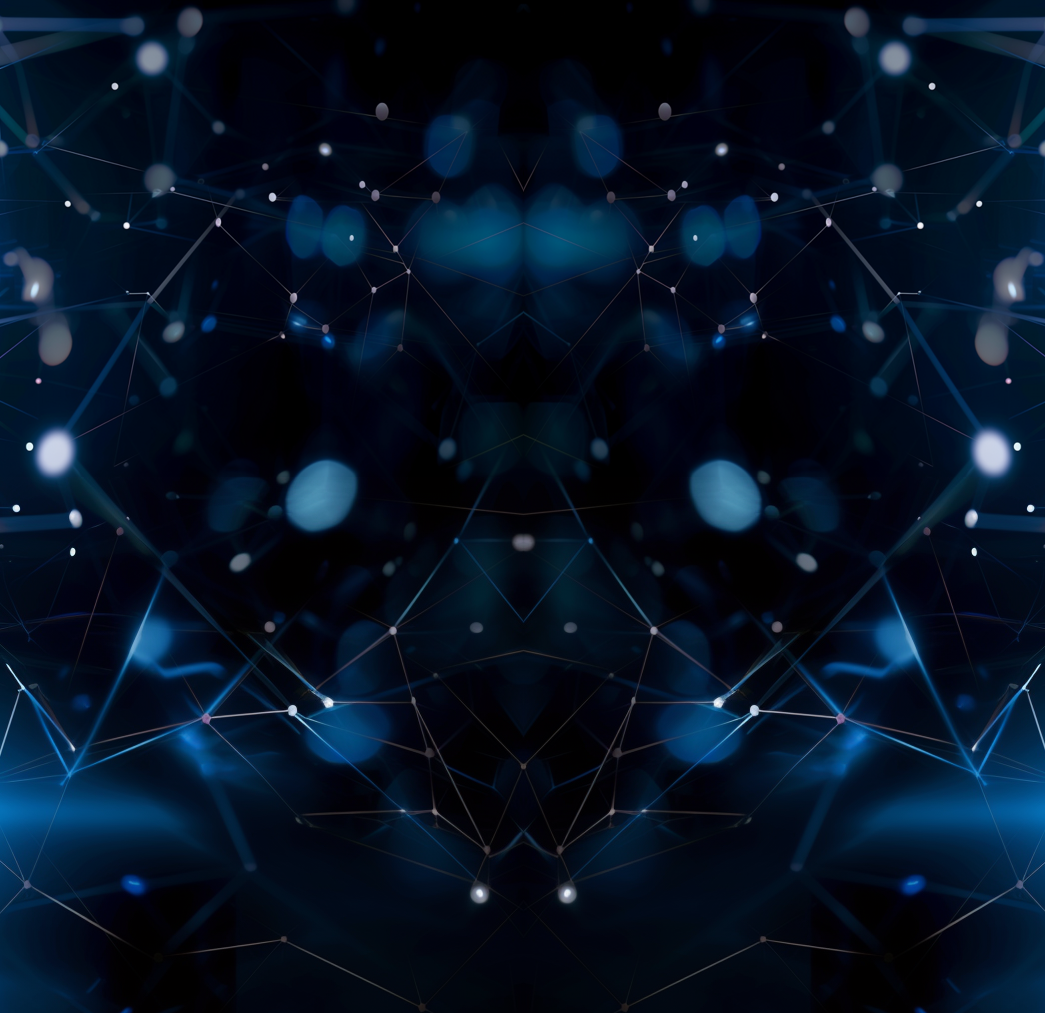
Table ronde “IA en recherche” @ Ifremer
Cet événement, organisé par les doctorants de l’Ifremer, a déjà rassemblé une centaine de participants chaque année autour de présentations orales, de tables rondes et d’ateliers de prise en main. Cette journée est ouverte à toute personne intéressée par l’IA dans la recherche, des applications, les limites et les aspects éthiques.
Rendez-vous le mardi 8 octobre 2024 dans le centre Atlantique de l’Ifremer à Nantes.
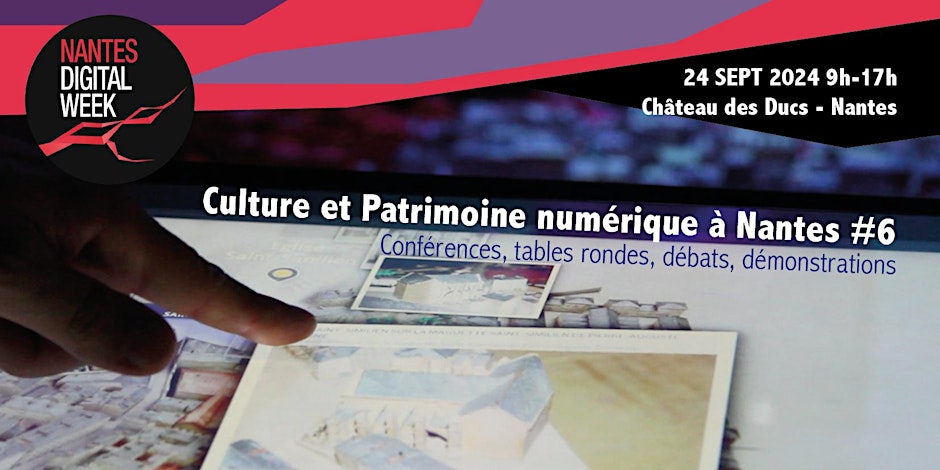
Culture et patrimoine numérique @ Nantes Digital Week
de 9h30 à 7h au Château des ducs de Bretagne à Nantes.
11h15. Vincent LOSTANLEN. “Le streaming, est-ce que ça pollue ?” : pour une écologie de la musique numérique.